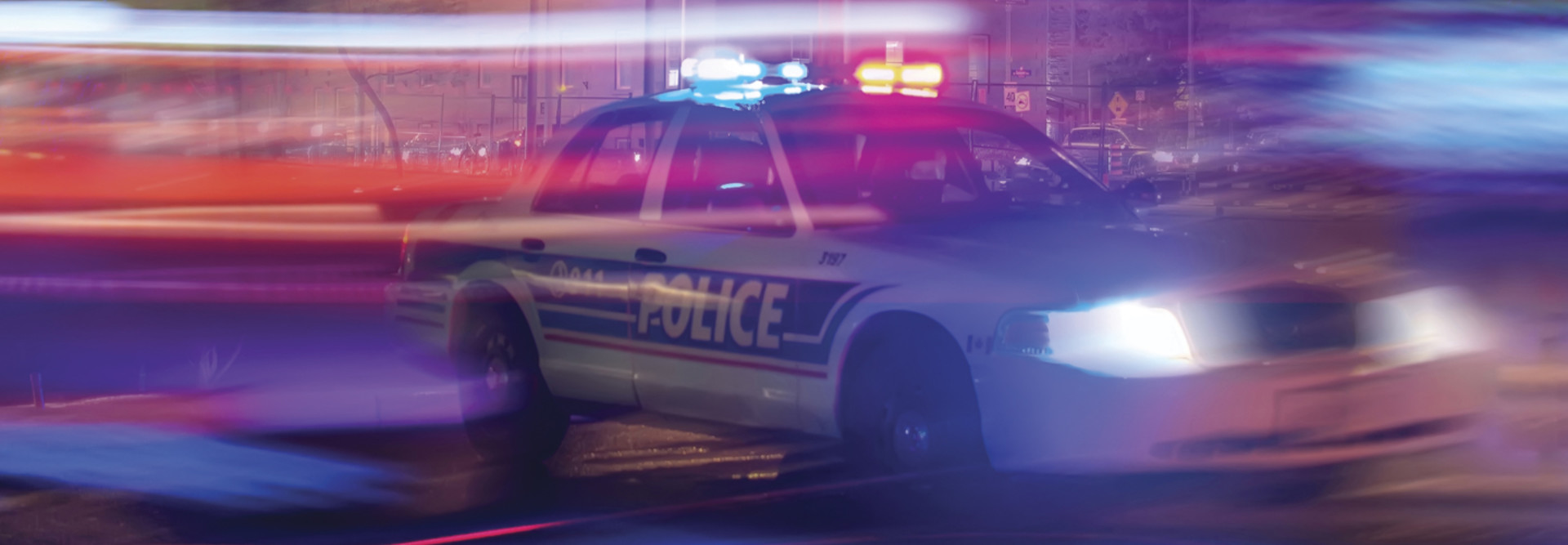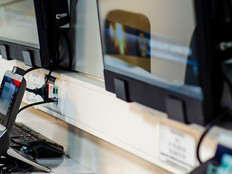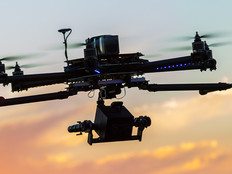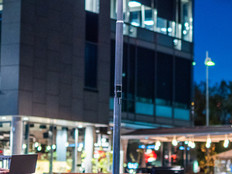The new startups include:
- Edgybees, augmenting live video feeds captured from any camera, human input or other data sources to provide clarity on operational environments
- SimX, a company building virtual reality and augmented reality medical simulation software for medical training
- Knightscope, developing autonomous security capabilities including self-driving technology, robotics and AI
- Lumineye, providing wall-penetrating radar sensing to help first responders identify people through walls
- ZeroEyes, advancing a life-saving active shooter solution that uses AI to actively monitor camera feeds to detect weapons
Verizon indicated the third cohort marks the end of “the first year of the program,” a signal the lab will continue its work into 2020 and beyond.
“Our commitment to enabling technology for public safety will continue to strengthen, with anticipated growth initiatives to be announced for 2020,” the lab’s website states.
Previous cohorts brought together technologies that focused on advanced imaging, drones, VR training and education for public safety and smart city technology. Verizon recently organized a showcase experience in Washington, D.C., where the first responder community, public servants and state and federal officials came together for demonstrations from the five companies that were part of the second cohort.
MORE FROM STATETECH: Find out how 5G network slicing technology can benefit public safety.
How 360-Degree Cameras Aid First Responders
MAGnet Systems is one of the 15 companies chosen to be part of the lab, and Verizon recently highlighted the company’s solutions.
MAGnet uses smart sensors, 360-degree cameras and live streaming video to rebuild a 3D digital replica of the real world essentially in real time within a video sphere.
First responders can then select the area they want to monitor and immerse themselves in that video sphere. The 360-degree camera also streams real-time video overlaid with 3D maps, which lets first responders click on any object within the video and get geographic coordinates, plus track objects in 360 degrees over the camera’s AI framework.
“With 5G, we can stream full 4K video and do much better analytics so we can recognize, categorize and classify objects ranging from cars to people to firearms,” MAGnet’s CEO Evangelos Foutzitzis said in a statement. “Over 5G, we’ll be able to identify objects with better clarity and at longer ranges.”











